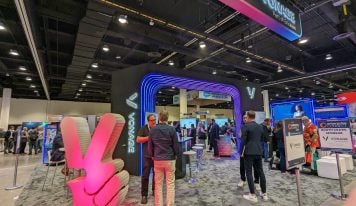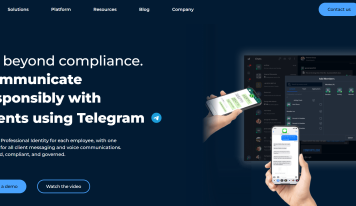Recently the NTSB voted this week to recommend all 50 states and the District of Columbia enact laws banning the use of personal electronics including hands free and handheld devices while driving. While it is obvious to all of us that using a smartphone to surf the web and text while driving is a major distraction I should also like to point out that perhaps the NTSB is focusing on the wrong area. After all, fixing your hair, daydreaming, dealing with kids in the back seat, eating, drinking, sneezing, coughing, crying, laughing, dealing with difficult radio controls which often by the way manifest themselves in the dashboards of German automobiles are potentially more distracting than texting. At least that’s my take on the issue. To learn more I queried Matt Howard, CEO of ZoomSafer on his thoughts. His company makes products in this area and you can see what they are at the end of this post – just before my conclusion.
Is this ban necessary?
The ban as proposed by the NTSB is not necessary, and indeed it¹s the first time in the history of this debate that a Federal authority has suggested a total ban on cell phone use while driving. Prior to yesterday, 35 states have already implemented laws banning texting while driving while an additional 9 states plus DC have already adopted laws prohibiting hand-held use of phones while driving. Furthermore, the FMCSA/DOT recently finalized a similar rule prohibiting interstate truck and bus operators from hand-held use of cell phones while driving. It is important to note that the NTSB does not make laws rather they investigate fatal crashes and make safety recommendations. From my perspective, I think it is doubtful that states will adopt the NTSB recommendation. Instead, I believe States will continue down the path toward hands-free laws.
Do these bans – such as the ones in states actually reduce phone related accidents?
1. Bans, by themselves, don’t work: A 2010 study by the Insurance Institute for Highway Safety (IIHS) found that state texting bans have a short-lived impact on driver behavior and may actually contribute to increased crashes because people begin to use their cell phones surreptitiously in an effort to reduce the likelihood of getting caught.
2. Bans are difficult and expensive to enforce: NHTSA pilot enforcement programs conducted in two small cities and consisting of highly visible, specialized law enforcement and public service advertising had a notable impact on people¹s cell phone behavior. That’s the good news. The bad news, however, is that the results required more time, manpower and funds than most police departments could dream of having.
3. Ignoring bans is easy for drivers to rationalize: According to NHTSA’s recent survey on distracted driving attitudes, over 80% of drivers think texting makes other drivers unsafe but 25% say it has no negative impact on their own driving.
4. Bans alone are no match for the sheer addictive power of mobile
devices: There’s also compelling evidence that even if drivers do want to kick their distracted habits, they can’t not without powerful motivation in the form of active and passive enforcement aides.
What tech is needed to ensure this ban can be enforced? The NTSB has called for technology solutions to automatically promote safe and legal use of cell phones while driving. Examples of such solutions are FleetSafer Mobile and FleetSafer Vision.
1. FleetSafer Mobile is patented software for smart phones that detects
when employees are driving and automatically enforces compliance with defined cell phone use policies.
2. FleetSafer Vision is patent-pending analytics software that measures
employee use of phones while driving so employers can manage compliance with defined policies.
My Conclusion
As I have mentioned over and over again, our government has become a nanny state and almost every time they try to do something good for citizens the exact opposite happens. Our government pushed us into houses – regardless of whether we could afford them. We all knew that they knew that incomes weren’t rising yet home ownership was – all while home values skyrocketed. Still, they encourage loans be made to virtually anyone and as a result caused people to – lose their houses. They decided that there needed to be a law to increase handicapped employment so they passed one and handicapped employment decreased because they created a “protected class.” This of course is the law of unintended consequences.
Think of it this way – if devices are indeed addictive and they are… And you are going to use them, it is better to raise them up so you can view the phone and road simultaneously. If you are afraid of getting caught, you hide the phone on your lap and potentially still try to use the device as often. Guess what that does… It causes more accidents.
Of course I am sympathetic to people who have been in accidents caused by the use of gadgets – it’s just that passing this difficult to enforce law in every state may end up hurting even more people.





